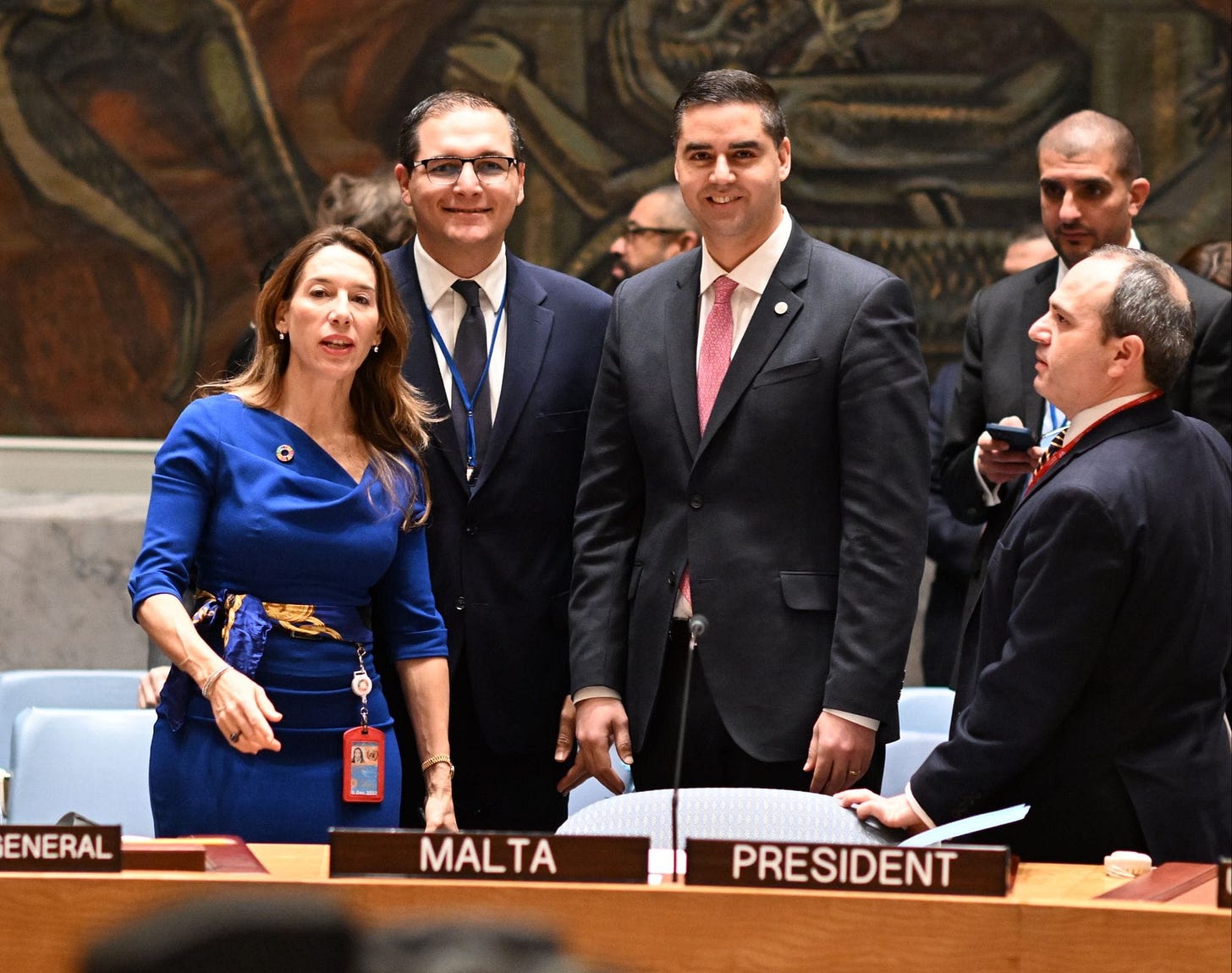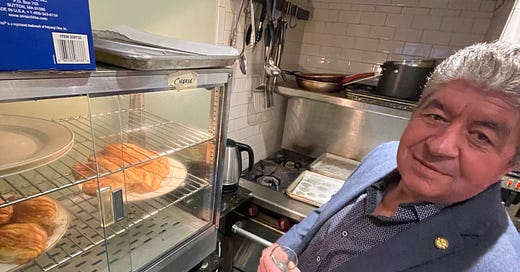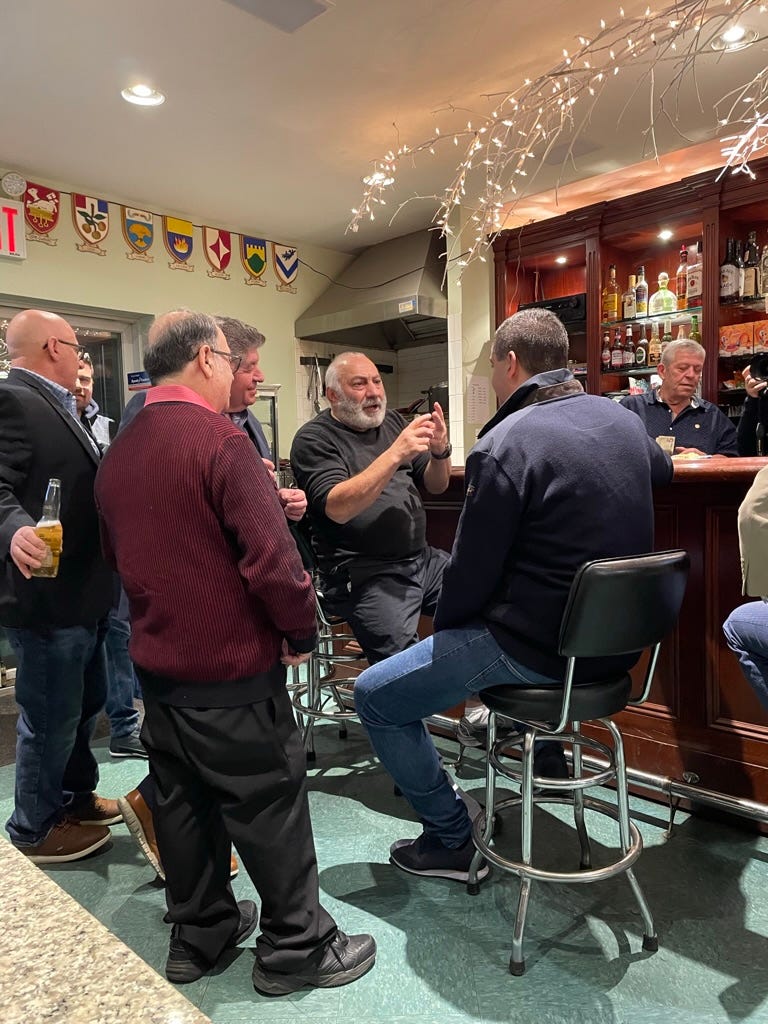Previously… New Yorker #1 and New Yorker #2
A final overdue note on the New York juncket to the United Nations Security Council, with a word for the people who serve Malta at the UN.
We were covering Malta’s one/two-month presidency of the Security Council, as part of its two-year rotating membership on the UNSC, where it invited the Ukrainian foreign minister to address the Council on the anniversary of the Russian invasion of Ukraine.
Minnows like Malta exist on a windswept plane of international relations at the mercy of violent forces; even when the gavel is placed in their hands at a body such as the Security Council, a small island-republic must have a sense of awareness about its ambition and place in global politics.
I was inspired to write about this in an interview with Ambassador Vanessa Frazier in New York, who as Permanent Representative of Malta to the United Nations, was effectively ‘in charge’ of the agenda during Malta’s presidency. In this interview – ‘Lionness In The Halls Of Global Power’ – my admiration is hardly expressed for the diplomats and civil servants who can marry such profound expertise with an authentic sense of patriotism.

I tend to dislike knee-jerk jingoism, but as Frazier herself says, national self-interest is the also primary driver of countries’ behaviour in international relations. I would surmise that it’s inherently driven by trade (which accentuates the global imbalances of economic might, military power, and international influence).
Even in fora such as the European Parliament or the European Council, national self-interest rules – national governments invite MEPs of all political formations to vote according to the national line; Prime Ministers ignore the will of the European Parliament if it runs counter to their electorates’ wishes, or when approaching national elections require a different kind of voice; even inside the European Commission, political partisanship has a great degree of influence when top jobs inside the directorates are being carved up: the Germans and the French ensure they are well-represented in this most well-paid of civil services, as do the main centre-right and centre-left political formations, all lobbying for influence and friendly ears inside the EC.
In the UN, Maltese diplomacy is based on gentle negotiation promoting consensual outcomes and honest advice. Frazier says Malta is seen as an honest broker. “We have absolutely nothing to gain from all this, so these countries look to Malta to show its leadership.” A case in point, she says, is how she counselled Palestine not to trigger a veto initiative from the United States by opting for a negotiated presidency statement, rather than an immediate resolution.
“I felt they should not alienate an important ally for them, especially in an important week where the subject was Ukraine. There, Maltese diplomacy came to the fore. It was a huge success, a first agreed Security Council product on the Middle East since 2016.”
Frazier adds that Malta is valued as a consistent and principled country. “And that is what’s important. The lesson I’ve learnt in here, is that you win only if you stick to your principles. If you don’t compromise on your principles, you are always a winner.”
New York Maltese
I also had the pleasure of meeting Maltese migrants in Astoria, New York. It turns out that this part of the diaspora has a strong bond with the island, with many of the people we met there doing frequent trips back home; and some volunteers happy to give children Maltese-language lessons.
I was expecting Queens accents, but the Gozitan element at the Maltese Center is quite big... an old family friend who last came to the island six years ago – Maltese not Gozitan, and not an habitué of the Center – made the meeting so that we could say hi to each other one more time.
The pastizzi at the Maltese Center – don’t ask me who makes them – are double the size of the standard pastizz, and sell for $39 a dozen – that’s €3 a pastizz!






